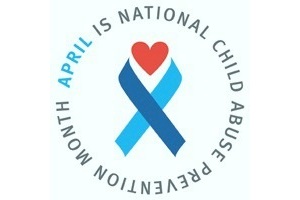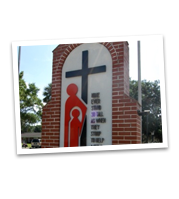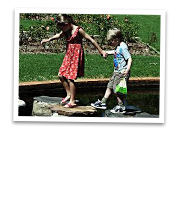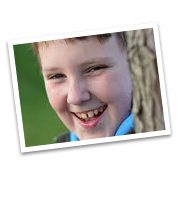Blog
April is Child Abuse Prevention Month
Posted on April 15, 2015

April is National Child Abuse Prevention Month and the Florida United Methodist Children’s Home is committed to strengthening families and promoting the physical and the emotional well-being of children.
RECOGNIZING ABUSE
Don’t Miss the Signs, a campaign aimed at educating Florida residents on how to recognize and report child abuse shares the following information on their website:
Every year in Florida, tens of thousands of children are subjected to child abuse, which can take the form of physical or sexual abuse, neglect, abandonment or mental injury. Many more continue to suffer because the abuse is never reported. Under Florida law, anyone who suspects a child may be abused or neglected has a responsibility to report it.
Signs that a child may be a victim of abuse:
- Unusual fearfulness
- Lack of hygiene or inappropriate dress
- Frequent injuries
- Delayed emotional, intellectual or language development
- Feeding disorders
- Rocking, self-inflicted pain
- Sleep disorders, bed-wetting
- Lack of eye contact, poor socialization
- Acting out in school
- Unexplained scars or bruises
- Malnutrition
- Many school absences
Reporting is simple and confidential. Even if you do not have all of the information about the child’s case, you can still report the abuse. Your information could be critical to saving a child’s life. To report abuse, call 1-800-96-ABUSE or report online at www.FloridaAbuseHotline.com. Learn more about the signs of child abuse at www.DontMissTheSigns.org.
STRENGTHENING FAMILIES
At the Florida United Methodist Children’s Home, we recognize that one of the most important steps in preventing child abuse is strengthening families in order to equip them to deal with the challenges and stressors they may face. This is important in helping to alleviate risk factors that can contribute to child abuse.
Five protective factors, or characteristics, have been identified in promoting strong families:
- Parental resilience
- Knowledge of parenting and child development
- Social connections
- Concrete supports in time of need
- Social and emotional competence in children (whatmakesyourfamilystrong.org)
As we work with families who bring their children into our care, it is our goal to help families build these protective factors into their structure in order to help them come back together stronger and more resilient in the face of challenges. Our therapists work with the entire family during this process, not just the child, so that each member has the tools they need to contribute to their family’s success. We want to see families thrive.
If you would like to learn ways you can work to make your family stronger, check out these tip sheets covering a variety of parenting topics at https://www.childwelfare.gov/topics/preventing/preventionmonth/resource-guide/tip-sheets/
One of the most important messages we want to get across when it comes to preventing child abuse is that every person has a part to play. Educate yourself. Share that knowledge with others. Connect with families who may need a support system. And if you suspect anyone is experiencing abuse, or if you yourself are, please reach out and ask for help.













